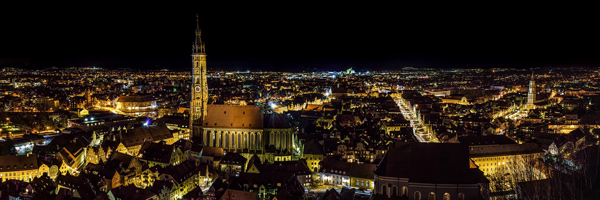Dear Friends,
Why do we need Sabbath rest? Because a zombie apocalypse is coming and we had better be ready for it. If we all knew in the months ahead our city was going to be overrun by zombies we would begin today to prepare for it. We would take up an extensive running training regimen and we would give our neighbor lost of ice cream and chips (just as an insurance to make sure we could outrun them). Only a fool, or our neighbor, would not make plans to escape. Engaging in the weekly rhythm of Sabbath is preparation for when those moments of stress, worry, brokenness, weariness, sickness, running, and confusion come. We all will have those times. We can’t avoid being human and the human condition, but we can be prepared for when it does come.
Last week, with the return of The Milk Can, we started a series of posts on the need for Sabbath rest in our lives. The week continues our pondering on our need for rest.
In his book, 24/6, Matthew Sleeth identifies at least six areas of our life that we need rest from. This week we will look at the first three and then the last three next week.
Why do we need Sabbath rest?
We need rest from being hurt
Life and work have their way of taking their toll on us physically and emotionally. We understand that when a bone is broken our bodies need time to heal. It is no less true when our souls are beaten and broken. We need the practice of rest to heal the invisible and visible tragedies of life. In Matthew 12, Jesus offers these words of encouragement to those who would come to him. “A bruised reed he will not break, and a smoldering wick he will not snuff out, till he has brought justice through to victory. In his name, the nations will put their hope” (vs. 20-21, NIV). Do you feel like a broken reed that is about to be crushed? Jesus offers to us Sabbath as a place to heal.
We need rest from heavy labors
This may seem rather obvious. “Manual labor has its own reminder to stop. One can only move bricks so long before muscles cry out for rest. Unfortunately, other types of labor may not remind us of the need to lay down our burdens. What about answering e-mails, going to meetings, and working with customers” (Sleeth 76). For many of us when we leave the office our work does not stay there. It follows us home on our phones and in our social media feeds. Jesus invites all those who are burdened by physical and mental heavy labor to come to him and find rest. “Come to me, all you who are weary and burdened, and I will give you rest. Take my yoke upon you and learn from me, for I am gentle and humble in heart, and you will find rest for your souls. For my yoke is easy and my burden is light” (Matthew 11:28-30, NIV).
We need rest from the pace of the world
Few would argue against the notion that our world is moving at an incredible pace, and seems to be getting faster every day. I know no one admits to actually watching NASCAR but it does give us a good illustration of why we need to slow down. The basic goal and premise of car racing is pretty simple: Drive left and when everyone stops be at the front of the line. If you do this you will get to spin around in circles smoking your tires and stand on top of your car while getting an oversized trophy for your efforts. When I was a kid I assumed that NASCAR drivers drove their cars like I did racing in Pole Position: with the throttle pressed all the way down through the entire race. Do you know what will happen to race car drivers if they do that? Their engines blow up. A driver has to continually monitor the temperature of their engine. Sometimes they will push their engines into the red zone to make a pass or block another driver. But they can’t stay there. They have to pull back, let their engines cool, put the margin back into their car’s engine so they have the capability to go back into the red if needed.
Our lives can be a lot like car racing. At one time or another, all of us will find our lives running in the red zone. A project is due. A co-worker is out sick and the work has to be done. A crisis hits us. We’ll have four weddings and a funeral all in the same week. We are running at full throttle and things are heating up. We can do this for a short time if needed, but if we don’t pull back and put margin back into our lives we will explode. The cycle of Sabbath gives a natural season of rest and cooling to our lives. It teaches us how to take our foot off the throttle and gives us the margin to run in the red when we need.
Jesus frequently demonstrated this in his life. The crowds had their ways of finding him. People brought their expectations, their sickness, and their needs to him to give healing and life. In Mark 6, precisely because the crowds keep coming and they are all running in the red zone, Jesus tells his disciples to come away with him and get rest. “Then, because so many people were coming and going that they did not even have a chance to eat, he said to them, ‘Come with me by yourselves to a quiet place and get some rest'” (vs. 31, NIV). Sabbath is a coming away with Jesus to find the needed rest.
As you think about these first I wonder, what do you need rest from?
Blessings,
Stephen





